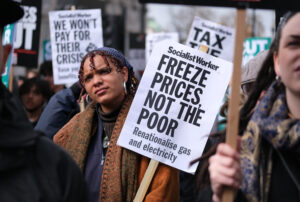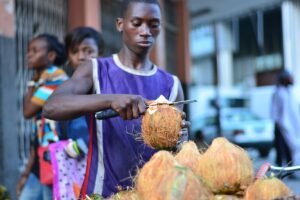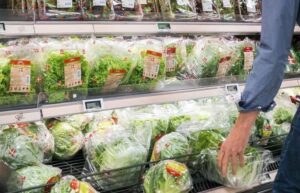Introducing GDR @ Reading Papers
The Global Development Research Division (GDRD) is initiating a dynamic ‘paper series’ closely aligned with its Research Clusters and Departments. The rationale behind this endeavor is multifaceted, aiming to disseminate working papers prior to formal publication, provide a recognized platform for research and reports, publish comprehensive works beyond the confines of traditional journals, and offer an outlet for various types of written analysis.
 |
Neoliberalism and Fuel Poverty in PreCovid Times: Technocentrism, the Depoliticising of Care and Lessons for a Post-Covid UK Alex Edwards and Michael Goodman (2023)
|
| In this paper, the authors critically examine the British government’s efforts to address fuel poverty within its pre-Covid energy policy, emphasizing the persistence of this issue despite initial intentions. Against the backdrop of the Covid lockdowns and the current ‘cost of living’ crisis, the study questions the efficacy of past practices and explores how a technocentric perspective on fuel poverty may have limited policy effectiveness. By adopting an ethnographic approach and focusing on the “lived experience” of fuel poverty, the paper argues that traditional indicators fail to capture the dynamic nature of people’s relationships with energy. |
|
 |
Urban livelihoods and gender transformation in Dar es Salaam |
| The research conducted in Dar es Salaam aimed to explore the diversity of informal livelihoods and understand their connection to gender relations. The report provides a contemporary overview of informality in Dar es Salaam, revealing its increasing dominance due to a lack of formal job opportunities and reduced government welfare provisions. Despite diverse motivations, informality in Dar es Salaam is characterized by unpredictability and vulnerability, primarily serving subsistence purposes, aligning with academic literature. The research also highlights changing gender roles and relations in response to economic pressures, with men and women taking on traditionally unconventional work. As daily life becomes more challenging, traditional gender boundaries are eroding, necessitating a shift in jobs and roles out of necessity rather than choice or tradition. | |
 |
Choosing Survival, Not Sustainability: Analysing the UK’s Cost-of-Living Crisis, the Purchase of Sustainable Foods and the Economy of Emotion |
| This paper investigates the impact of the United Kingdom’s cost-of-living crisis, which commenced in August 2021, on the purchase and consumption of sustainable food products. Utilizing an online survey and semi-structured interviews, the study explores broader themes, examining how economic constraints, alongside factors like awareness, time, and product availability, influence food choices. The role of emotions, particularly consumer guilt, emerges as a significant factor shaping attitudes towards sustainability. The study concludes that the commodification of care through food consumption poses challenges, excluding certain socio-economic groups, particularly during economic difficulties like the cost-of-living crisis. It highlights the reliance on consumers to drive market-mediated change and critiques the responsibilization of individuals to consume sustainably, emphasizing the disproportionate burdens across diverse socio-economic demographics, particularly during times of economic hardship. | |
